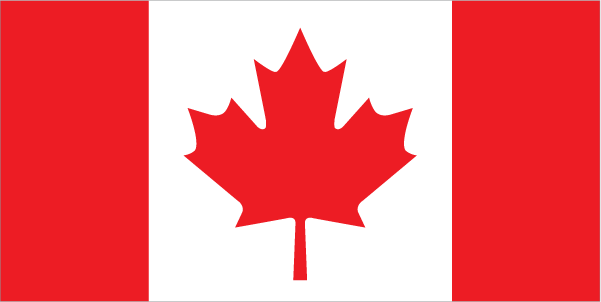The Lost Canadians

In 1946, the Parliament of Canada promulgated the Canadian Citizen Act, creating, arguably for the first time ever, Canadian citizens. Before 1947, when the Act became effective, anyone living in Canada was considered a British subject; Canada, in this sense, did not have its own citizens yet.
Under the Act, most anyone who could have possibly imagined him or herself to be a Canadian citizen became one. If you were a British subject who was born in Canada (and had not emigrated), you became a Canadian. If you had lived in Canada as a British citizen for a requisite number of years, and were still living in Canada at the time, you were henceforth a Canadian citizen. If you were born abroad to but your parents were Canadians, so were you. And there were many other ways as well.
But the list of criteria was not exactly exhaustive — as Jackie Scott and many others learned decades later. These people — citizens in every sense of the word except for the official one — are called the Lost Canadians.
Ms. Scott’s story is typical of many of them. She was born in England just after World War II, but before January 1, 1947. Her father was a soldier in the Canadian Army serving in England; her mother was an English national. Jackie was born out of wedlock, but her parents married and, by 1948, moved (back?) to Canada. According to the London Free Press, Scott lived her entire post-immigration life in Canada and, in 2004, went to obtain a passport. Her request was denied. The Citizen Act, until it was amended in 1977, snared Scott in a loophole which resulted her not being a citizen.
Under the original wording of the Act, a baby born abroad was only made a citizen if his or her father was a Canadian citizen, assuming that the child was born in wedlock. (At the time, wives and children were still considered, to a large degree, property of the father/husband.) If the child was born out of wedlock, then the child’s mother had to be a Canadian citizen. Scott’s parents weren’t married when she was born, and her mother wasn’t a Canadian citizen — so neither was she.
When Scott and others objected, claiming that the basis for such a distinction was ridiculous at best and discriminatory at worst, the immigration office stood its ground with a new theory. According to the National Post, the immigration office argued that Scott’s father, at the time of her birth, was not yet a Canadian citizen — no one was. As the Minister of Citizenship, Immigration, and Multiculturalism told Scott, “[soldiers like her father] were not legally Canadian citizens. They didn’t have citizenship. They were [British] subjects … They would have regarded themselves as subjects. Everyone was.”
Scott is not alone — not by any means. A website dedicated to regaining the lost citizenship of these people, LostCanadian.com, asserts that there are thousands of people in similar predicaments. Many of them were un-lost in 2009, when the Canadian Parliament passed another reform aimed at closing the loophole, but that bill was incomplete, leaving Scott and others as people without a country. Officially, that is.
Bonus fact: On March 1, 1781, the American colonies adopted the Articles of Confederation, a document creating a “perpetual Union” among the colonies called “The United States of America.” All thirteen colonies were a party to the Articles of Confederation, but the Articles allowed for expansion. But unlike the Constitution, which lays out the framework for new states to join the Union, the Articles of Confederation were more specific. Article 11 stated that “Canada acceding to this confederation, and adjoining in the measures of the United States, shall be admitted into, and entitled to all the advantages of this Union; but no other colony shall be admitted into the same, unless such admission be agreed to by nine States.”
From the Archives: Senior Citizen: A strange way to become a citizen of the United States (but if you’re born already, it’s too late).
Related: Want to become a Canadian citizen? Here’s a 500 question and answer book with seven practice exams.

Leave a comment